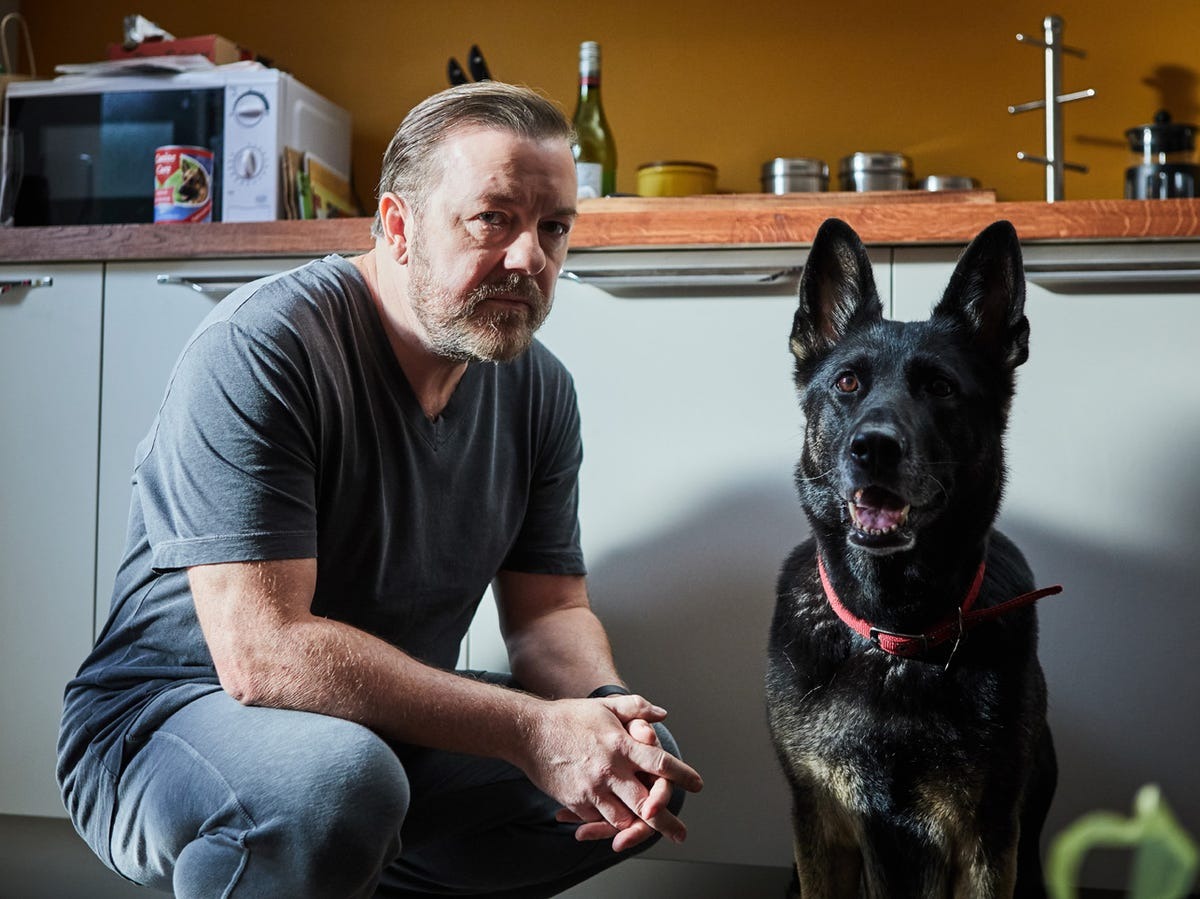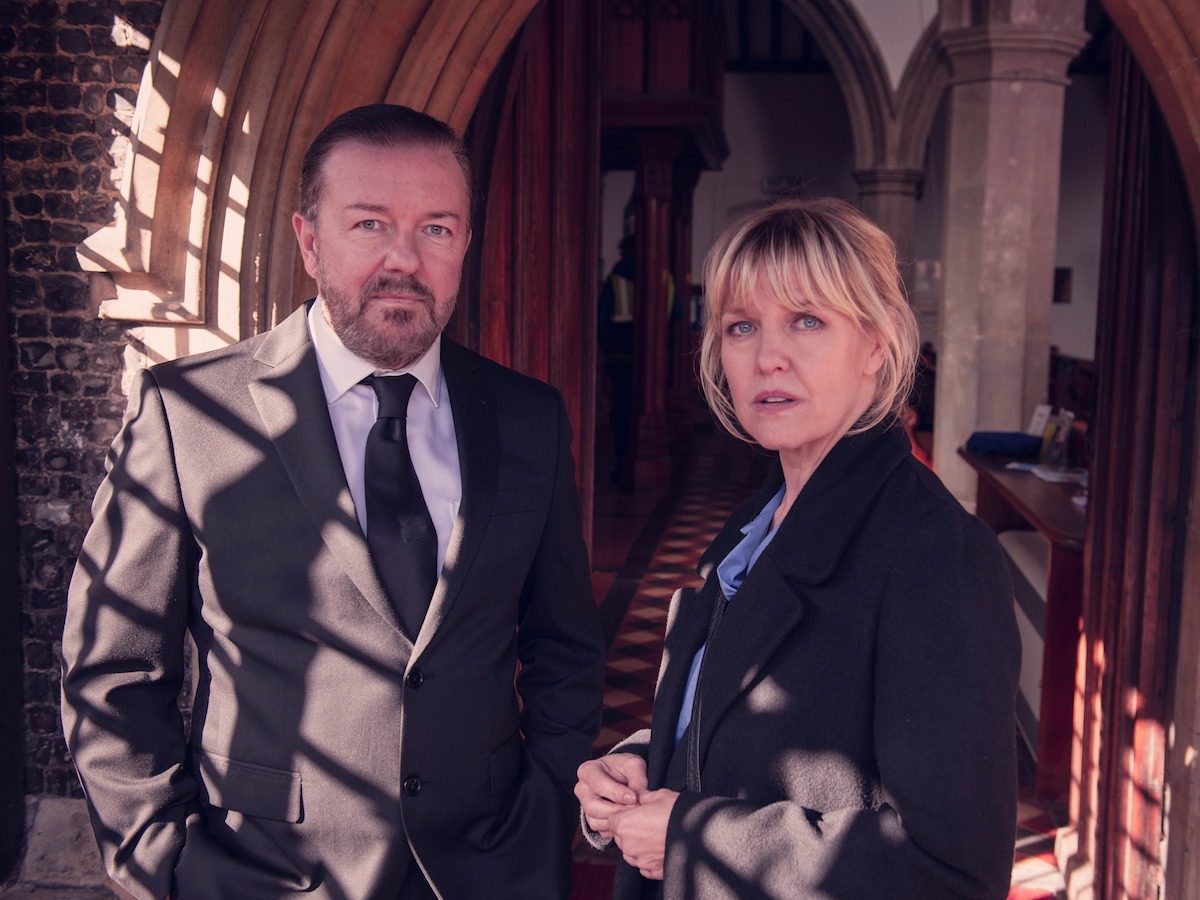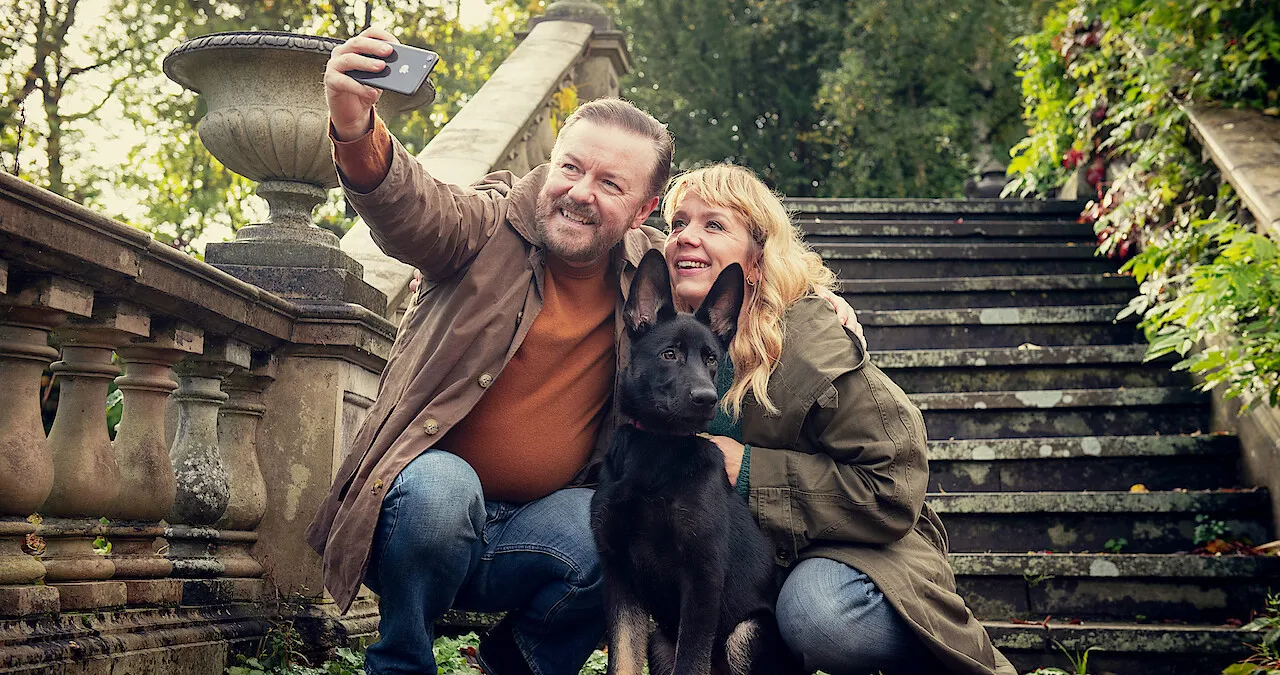There were mixed feelings about going back to Tambury, with its chaotic yet endearing newspaper crew, but one could argue that seeing Tony (Ricky Gervais) try to find meaning in simple daily moments came at a time when such stories felt necessary—even though season two had its share of sharp emotional hits disguised as humor.
Tony remained deep in mourning over Lisa (Kerry Godliman), his wife and closest companion, as he stepped into other phases of grief. He still thought of himself as married, which created a barrier between him and the possibility of starting something new with nurse Emma (Ashley Jensen).

What offered a bit of reassurance to viewers, though, was that Tony held on to the realization he had at the end of the first season—that people quietly battle their issues, so showing kindness whenever possible remains important.
Because of that change in thinking, season two presented a softer and more understanding version of Tony. He extended warmth to friends and family and to complete strangers he came across.
Still, that didn’t take away the emotional weight he carried—Lisa’s absence lingered throughout the series, and Tony had another personal loss to come to terms with.
Grief Evolves but Never Fully Disappears
His father (David Bradley), who had been in a care home since the beginning of the show, died towards the end of the season. It was heartbreaking, but the way Tony handled the loss stood out. Ricky Gervais addressed this particular moment during a recent conversation with Digital Spy and other outlets.
According to Gervais, “I like the way he responds to it. He says something like, ‘Calm down everyone. This isn’t the same as Lisa. This is what’s supposed to happen.’” He also described Tony’s mindset as more reflective.
Tony admits, “I lost him a couple of years ago, really,” and he begins to talk about how often he saw his dad before and after the illness—monthly visits before, and daily ones after. As he continues, Tony speaks freely about joyful and painful memories, his emotions, and even his guilt.
There’s an element of him that doesn’t allow himself to focus on anything beyond Lisa’s death. It’s as though he recognizes he might be emotionally stuck, even slightly dependent on that grief. One part of season two that carried over from the previous one was the uncertain relationship between Tony and Emma.
When his father died, it created a moment where Tony had to consider whether he still wanted to keep seeing Emma—especially since most of their contact came from his visits to the care home.
Hope Doesn’t Always Mean Closure
A particularly heavy scene came after the funeral. Tony was seen alone, watching an old video of Lisa that brought strong emotions, with a bottle of pills nearby. But before anything drastic could happen, a knock came at the door. Emma had shown up.

Ricky Gervais, while speaking again with Digital Spy, shared why he preferred not to give the story a clean, definite ending, saying that life rarely works out so neatly. He made it clear: “I’ve never liked when things get wrapped up too neatly… not even in romantic comedies.
They kiss and that’s it—they live happily ever after. But is that really how things go? It’s not how it usually turns out.” Gervais continued, “People assumed Tony was better by the end of season one. But why? Just because someone asked him out and he smiled a bit?
That doesn’t mean he’s past depression, or that his anxiety and grief have disappeared. He’s just trying different ways to live through it.” He stressed the importance of leaving things open-ended because there’s no fixed route when dealing with loss or emotional pain. Life doesn’t follow a straight line.
No one wakes up and declares, ‘I’m fine now, and I’ll never feel bad again.’ That’s not how people function. We all carry issues, some that return from time to time, others we manage to push aside, and new ones often show up.
For Gervais, what he wanted was to give a small win—to let viewers feel Tony might find peace. He added that there could be a third season, or there might not, but either way, that moment of hope was enough.



